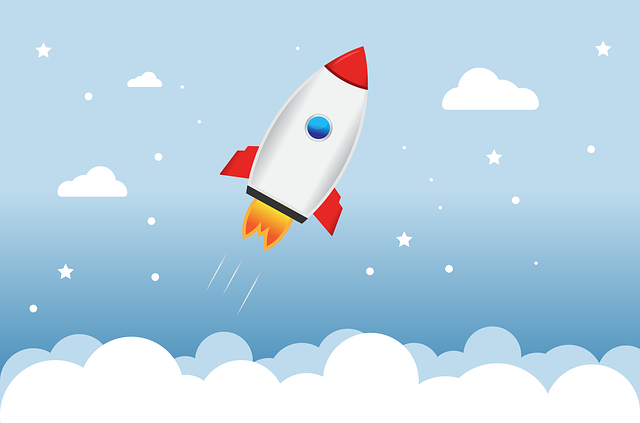
Have you ever clicked on a link in a Google SERP, only to find yourself staring at a blank loading screen for what feels like an eternity? What do you normally do in such a scenario: do you sit around and wait? Or do you head back to a page and click on the next link down?
Exactly.
In this article, we’re going to talk about page load speed: does it really matter? And just how much can it negatively impact your SEO? Read on and find out!
Table of Contents
Page load speed, contrary to popular belief, is fast becoming one of the most important aspects of a website’s onsite optimization.
As briefly touched on in the introduction, if a website takes too long to load, most modern internet users will invariably abandon the website and find a faster alternative. This is a key reason why some business websites fail…
In that light, page load speed really is important. Here are some page load speed stats that you may find alarming:
These stats bring new depth and greater meaning to the phrase: “Time is money”.
The speed at which your website loads can impact your SEO and overall performance in a number of different ways.
Page load speed is a confirmed ranking factor. Google will actively prioritize faster websites over slower websites. The fact is, Google’s users want their questions answered as quickly as possible, and as a service provider, it’s up to Google to accommodate them. In other words, if your website loads slowly, your rankings will suffer as a result.
But, it’s not just your rankings that page load speed will impact. It also impacts your bounce rate and time spent on site. While these aren’t direct ranking factors, they both demonstrate that your website visitors are clearly not having a positive user experience – which is a problem.
In order to get your page load speed down as much as possible, you can try the following:
For the best results, we strongly recommend hiring an SEO firm with many years of experience in the industry. They will have technical SEO experts who can fine-tune your website and make it faster than a whippet!
Let’s quickly recap:
And that about sums it up! So, get a move on and speed your website up today!
Starting your business journey means knowing your brand values. Then, share them everywhere. Companies that… Read More
Charting the future of remote work lies in finding the balance between autonomy and surveillance,… Read More
13377x Proxy: 13377x Original Site 1337x Official Site and Torrents Sites to Download free movies,… Read More
Proxy & Mirror Sites to Unblock LimeTorrents.cc. Top working LimeTorrents alternatives sites list. Movies, TV… Read More
Afdah Movies is a TV site on the internet. There are a lot of sites… Read More
Einthusan.tv is a popular website to watch TV shows and movies. Einthusan alternatives & competitors:… Read More